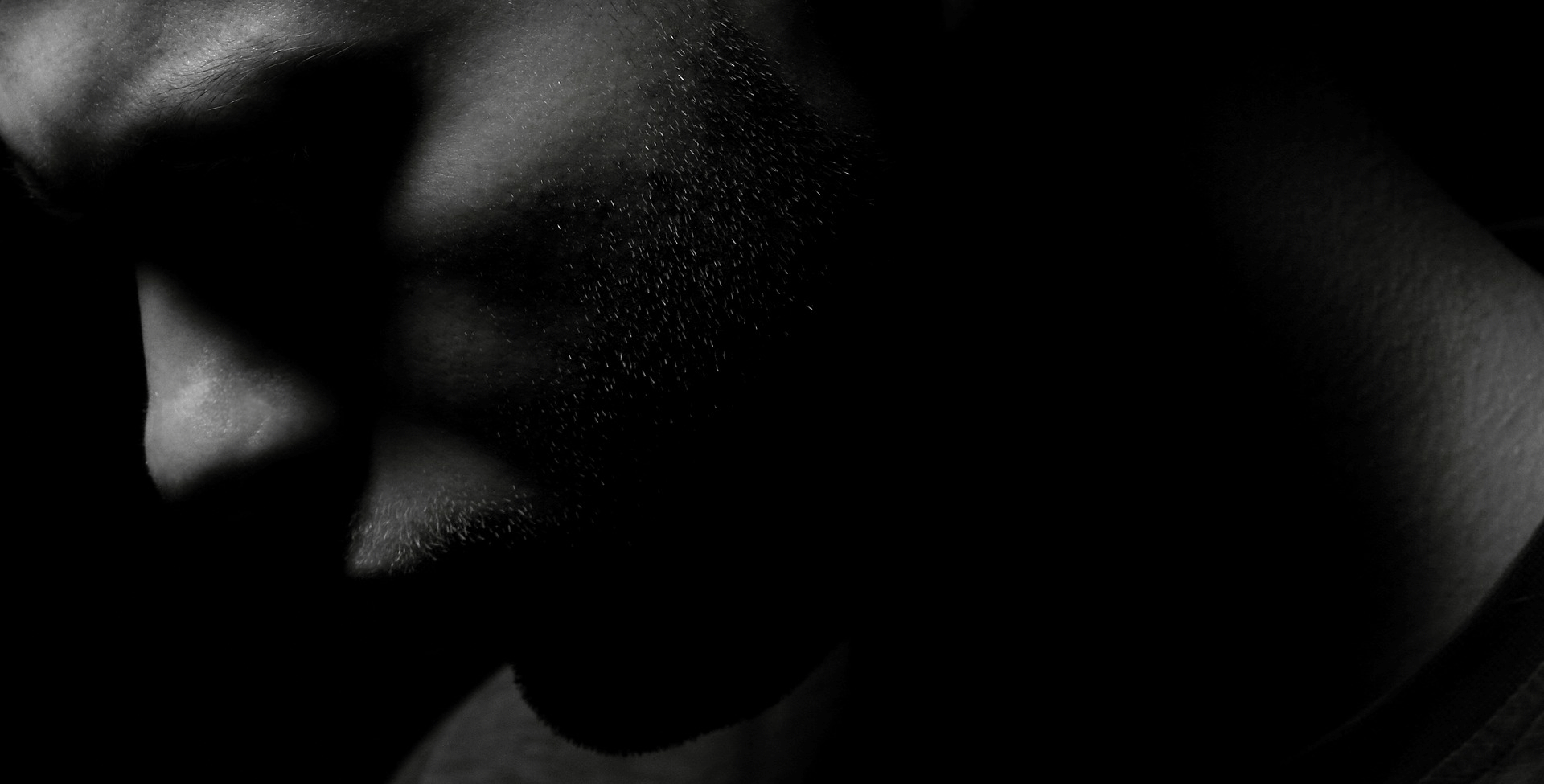
The number of breaking stories about police misconduct has been utterly shocking. I can’t remember the last time I went through an entire day without reading, hearing, or being called about a police misconduct case.
Police work is inherently dangerous, but I take a lot of police misconduct cases so I see the other side of the coin. Interactions with police can be needlessly dangerous for the private citizen. Many of the victims of police misconduct simply found themselves at the wrong place at the wrong time. Or with the wrong officer.
Incidents involving a police officer accused of wrongdoing are all over the news lately. If you want a peek into just how corrupt some NYPD police officers can be, you don’t need to look any further than the case of the teen accusing two NYPD police officers of rape and intimidation.
An 18 year-old woman says two officers raped her in a police van. And if that wasn’t bad enough, she says a group of their co-workers came to her hospital room to intimidate her into retracting the accusation. One of the police officers is accused of trying to hide his name tag while speaking with the teen and her mother.
If the allegations turn out to be sound, we should all be outraged. But even more than that, we should be ALERT. If you’re a resident of New York City, you need to make sure every interaction you have with the NYPD does not violate your rights.
How do you make sure your rights aren’t being violated? There’s no way to force a police officer to treat you with respect and dignity, but there are a few things you can do to help you get through an interaction.
Six Things Everyone Must Know About Police Misconduct:
1. If you are the victim of a police officer, you most likely will be arrested. This is to cover for whatever violation was committed against you. Don’t take on a victim mentality if you are wrongly arrested. We as a society are conditioned to submit to authority and a person will naturally “feel guilty” even when we may be doing nothing wrong. Just stay calm and realize this is to be expected.
2. Never tell an officer that you are going to sue. If a police officer has arrested you after violating your rights, they believe they are in control of the situation and will let their guard down to some degree. If you start threatening to sue, you’re encouraging them to immediately go into “cover-up mode.” Stay quiet. Save the tough talk for a court room.
3. Keep mental notes of everything that happened. Try to remember every detail you can. What time were you stopped? Where were you stopped? How long were you detained before being told you were arrested? What did the officer say and do? In what order? At what point did the police officer become hostile? Did they have a body camera? Were there witnesses? Keep a mental note of everything you can and write everything down as soon as you have access to paper or digital means. Make sure your notes include a precise timeline.
4. Be prepared for other officers to question you, even while in the hospital. It is best if you have your side of the story on paper before interacting with a police officer in case they intimidate you or attempt to confuse you about details. This exact situation is claimed in the teen rape trial. It happens.
5. Don’t assume the ACLU will take your case. I think people have this idea that the ACLU handles all civil rights violation cases, and this just isn’t true. I have clients and I know of a lot of other people were turned down because the ACLU can’t possibly take every civil rights case. It’s a very selective process. Even big headline cases don’t make it. Your best bet for justice and financial damages is to find a competent police misconduct attorney who can help you.
6. Keep track of all the expenses related to your case. Being the victim of police misconduct has a real and significant impact on your life and finances. Many times there are huge hospital bills, missed work, lost jobs, stigmatization, and that’s just the beginning. Keep receipts and make sure you have good records on how many days you missed work, appointments, or family functions. Keep track of the butterfly effect. How many ways did the violation impact you, your life, and your family’s life.
It’s sad that we have to be so cautiously prepared for an interaction with a police officer, but as we see every day in the news, there are police officers right here in our city that act as though they are beyond the law. Or try to protect fellow officers that act outside the law.
Always remember, “It is a crime for one or more persons acting under color of law willfully to deprive or conspire to deprive another person of any right protected by the Constitution or laws of the United States.”
If your rights are violated by a police officer, it not a small thing. You deserve justice and your day in court. And the justice department agrees.
If you would like to find out more about having Getz & Braverman, P.C. represent you or provide legal advice, email, live chat, or call us at 718-618-5567. I also personally accept text messages at 917-734-7583.
There are many sources of legal information available online. These articles and information on our blog and website do not constitute legal advice. “Attorney Advertising” and prior results do not guarantee a similar outcome. We adhere to all confidentiality requirements, but until we have accepted your case, no attorney-client privilege is established. The choice of selecting an attorney is an important personal decision that should be carefully considered. If you need legal advice, please contact an attorney directly.
Some of the case summaries, reports of past results and individual lawyer biographies on this website describe past matters handled for clients of the Firm. These descriptions are meant only to provide information to the public about the activities and experience of our lawyers. They are not intended as a guarantee that the same or similar results can be obtained in every matter undertaken by our lawyers.


